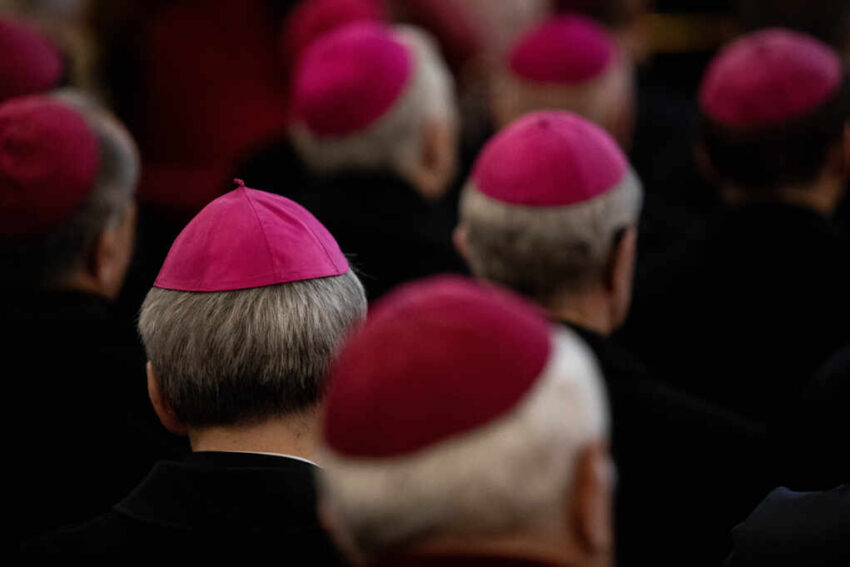A recent European Parliamentary Forum report designates Catholic groups as “religious extremists,” igniting debate over the framing’s fairness and its implications for sexual and reproductive health rights (SRHR) in Europe.
At a Glance
- EPF report labels Catholic networks as part of religious extremism
- Critics argue Islamist extremism is neglected in the report
- €1.18 billion estimated funding for anti-gender groups in the EU
- Policy shifts on SRHR vary widely between Western and Eastern Europe
- Parliamentary influence is critical in shaping SRHR legislation
EPF’s Controversial Report on Religious Extremism
The European Parliamentary Forum for Sexual & Reproductive Rights (EPF) published “The Next Wave: How Religious Extremism Is Reclaiming Power,” which identifies Catholic networks as driving a religiously motivated anti-gender movement. The report argues these groups are challenging established sexual and reproductive rights across Europe, posing risks to democracy and health policies.
The framing has drawn sharp criticism, particularly from conservative commentators and organizations such as The Spectator and the European Conservative Forum. They contend that the EPF report selectively targets Catholic actors while minimizing Islamist extremism, which some analysts consider a more urgent security issue in several European countries. This perceived imbalance has fueled accusations of political bias and unfair targeting.
Watch now: Launch of The Next Wave Report at the European Parliament · YouTube
Financial Dimensions and Political Influence
The report details a financial dimension, estimating that anti-gender groups have raised around €1.18 billion across the European Union. These funds support advocacy campaigns, media efforts, and political lobbying against abortion, sexuality education, contraception, and LGBTQI rights. The EPF notes that such resources have enabled legislative gains in countries like Poland and Hungary, where restrictive abortion laws have been enacted.
However, conservative advocacy groups such as CitizenGO and Federation Pro Europa Christiana dispute the characterization of their work as extremist. They argue that the EPF inflates the perceived threat and overlooks the religious and ethical foundations motivating their actions. These groups claim that labeling them as extremists undermines democratic pluralism and religious freedoms.
Complex European Policy Landscape on SRHR
Sexual and reproductive health rights policies vary significantly across Europe. Western European countries have seen progressive developments, exemplified by France’s 2024 constitutional recognition of abortion rights. In contrast, Central and Eastern European nations have imposed tighter restrictions, with Poland’s near-total abortion ban as a prominent example.
The EPF report portrays these trends as part of a broader contest between progressive and conservative forces. Analysts from the European Policy Centre and SRHR organizations like the International Planned Parenthood Federation highlight ongoing debates over integrating SRHR protections into EU law and potential Charter amendments. Parliamentary actors play a central role in these legislative processes, influencing the balance of rights and restrictions.
Sources
Click this link for the original source of this article.
Author: Editor
This content is courtesy of, and owned and copyrighted by, https://deepstatetribunal.com and its author. This content is made available by use of the public RSS feed offered by the host site and is used for educational purposes only. If you are the author or represent the host site and would like this content removed now and in the future, please contact USSANews.com using the email address in the Contact page found in the website menu.








